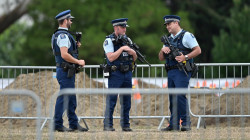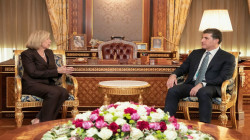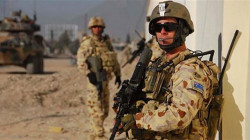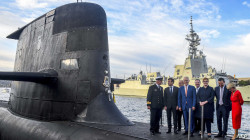Australia joins the list of countries bolstering Ukraine with "lethal force"
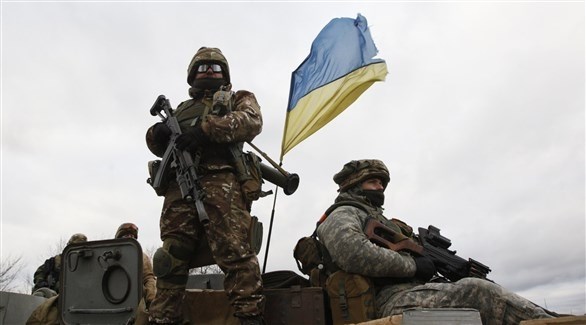
Shafaq News/ Australia will pour money into a Western-led effort to help arm Ukrainian soldiers trying to repel the Russian invasion as the conflict further intensifies.
The United States, the United Kingdom and several European nations have already sent large quantities of weapons to Ukraine, and earlier today President Joe Biden approved $350 million worth of US weaponry — including Javelin anti-tank weapons — for Ukrainian fighters.
In a major shift, Germany and the Netherlands has also pledged to send both anti-tank weapons and missiles to Ukraine.
Prime Minister Scott Morrison said Australia would make a contribution to the campaign to arm Ukraine.
"I've just spoken to the Defence Minister and we'll be seeking to provide whatever support we can for lethal aid through our NATO partners, particularly the United States and the United Kingdom," he said.
"We'll be working through those channels because that's the most effective way to do it.
It is not clear whether Australia will directly ship any weapons to Ukraine or make a financial contributions to NATO to bolster weapons shipments.
The government has not said how large that contribution will be.
Australia had already committed to send non-lethal aid in the form of military equipment and medical supplies, but had ruled out sending troops.
The Australian government has also offered cybersecurity assistance to Ukraine to help it defend against Russian cyber attacks.
Morrison said Australia would work in "lock step" with the US and UK, and took the opportunity to criticise China for not unifying with other nations and imposing harsher sanctions on Russia.
Russia has unleashed attacks on Ukraine after months of massing troops near its borders. The military action, ordered by Russian President Vladimir Putin on Thursday, amounts to a full-scale invasion, says Ukrainian President Volodymyr Zelenskyy.
Dozens of military sites have already been hit by Russian fire, and casualties are mounting. The repercussions are being felt beyond Europe as rising geopolitical risk and volatile energy and financial markets rock Asia.

